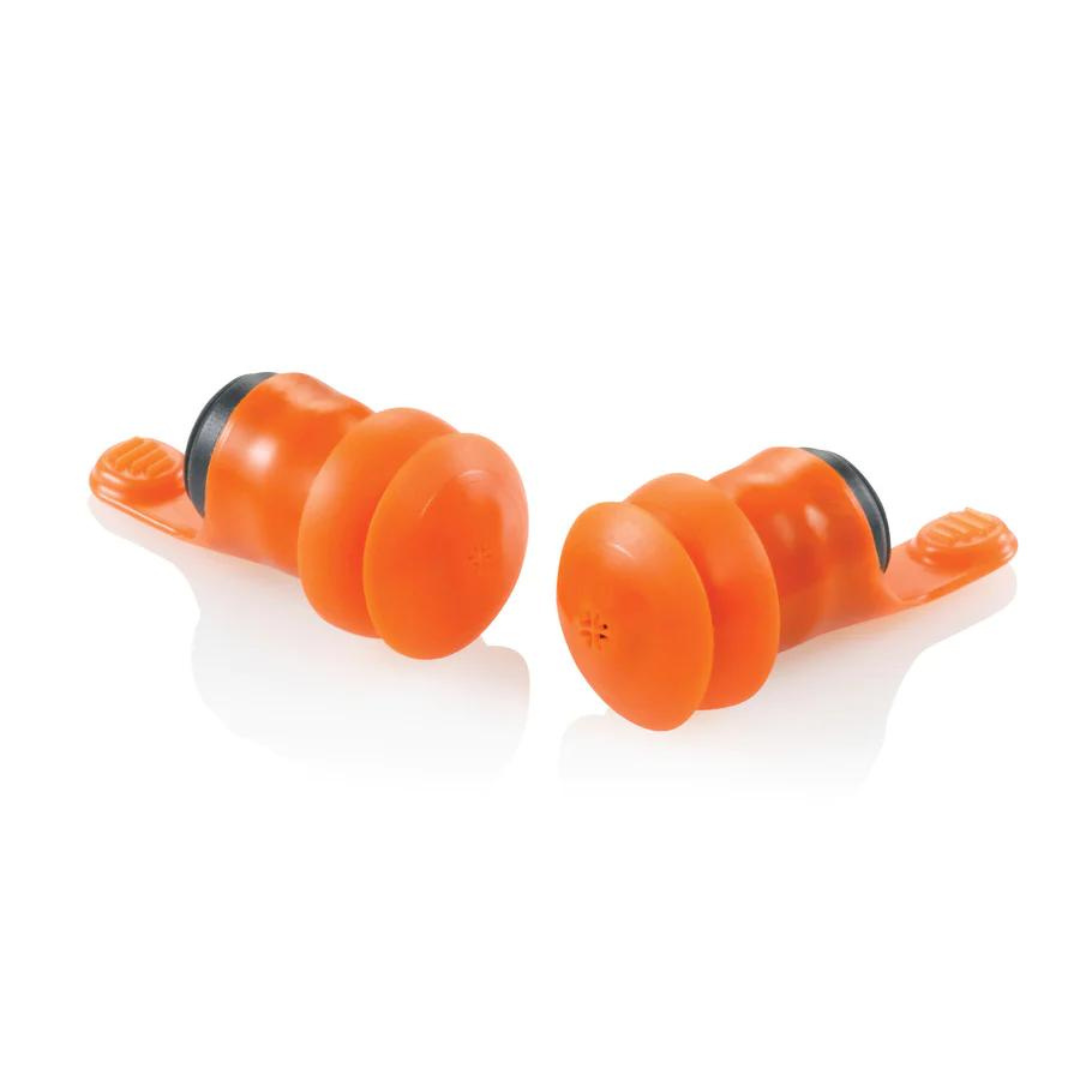Learn how to protect yourself from hearing loss.
Most causes of hearing loss are impossible to prevent. However, noise-induced hearing loss is not.
What is noise-induced hearing loss?
Noise-induced hearing loss (NIHL) is hearing loss caused by either exposure to a loud impulse sound like a gunshot or explosion, or prolonged exposure to high levels of noise. It can happen immediately or gradually over time.
The Centers for Disease Control and Prevention estimates that 40 million US adults have noise-induced hearing loss, which is preventable.
Noises below 75 decibels (dB), are unlikely to cause hearing loss. Sounds 85 dB and above can. Below are the decibel levels for common sounds — and their associated hearing loss risks.
Preventing noise-induced hearing loss
Fortunately, noise-induced hearing loss can be prevented. Preventing noise-induced hearing loss requires you to do three things:
Know what sounds are too loud (anything above 85 dB)
Either avoid loud sounds or limit your exposure or proximity to them
Wear hearing protection when you can’t avoid or move a safe distance from loud noises
Frequently asked questions
Is hearing loss preventable?
For the most part, hearing loss is not preventable. Hearing loss caused by aging (the leading cause), disease, genetics, injury or biology cannot be prevented. However, noise-induced hearing loss (NIHL) — the second leading cause of hearing loss — is preventable.
How loud is too loud for my ears?
According to the Centers for Disease Control and Prevention, exposure to sounds 85 decibels (dB) and above can damage your hearing. The louder or higher decibel the sound is, the less exposure time is required for hearing loss to occur.
What can I do to protect my hearing from hearing loss?
While there is little you can do to prevent most causes of hearing loss, you can prevent noise-induced hearing loss (the second most common cause) by following good hearing protection practices.
10 tips to help protect your hearing
Use hearing protection around loud sounds. Foam earplugs are an economical solution, or consider purchasing custom earplugs to best reduce the sound levels.
Turn the volume down on the TV, radio, music, etc.
Avoid loud or noisy activities/places, when possible.
Limit your time exposed to loud sounds.
When listening to loud sounds (e.g., music, concerts, fitness classes, etc.), take breaks from the noise.
Move away from the loudest sound source (e.g., speakers, fireworks, etc.).
Give your ears time to recover after being exposed to loud noises.
Do not put anything smaller than your elbow in your ear! This includes cotton swabs, bobby pins, keys, paperclips, or anything else you might use to clean or scratch your ears.
Keep moving! Exercise keeps the blood pumping throughout the body, including the ears. This keeps the internal parts of the ears healthy.
Get your hearing tested, especially if you experience a change in your hearing, ringing or fullness in your ears over 24 hours.
Protect your hearing with SoundGear!
SoundGear is a complete line of 100% digital products that both enhance environmental awareness while also instantly and automatically protecting your ears from loud noises like gun blasts, engines or industrial equipment and tools.
Hearing loss can be a direct result of an occupation, a recreational activity or simply exposure to loud sounds. From specialty custom earplugs to musicians' sound attenuators, SoundGrear offers a variety of protection and listening enhancement products.
Custom Fit Electronic
Custom molded to each wearer’s ear for maximum comfort and stability.
Instant Fit Electronic
Ready to wear right out of the box, they deliver natural wind reduction and superior all-digital sound quality.
Custom Earplug Solutions
Earplug solutions that deliver the best custom fit hearing protection.






